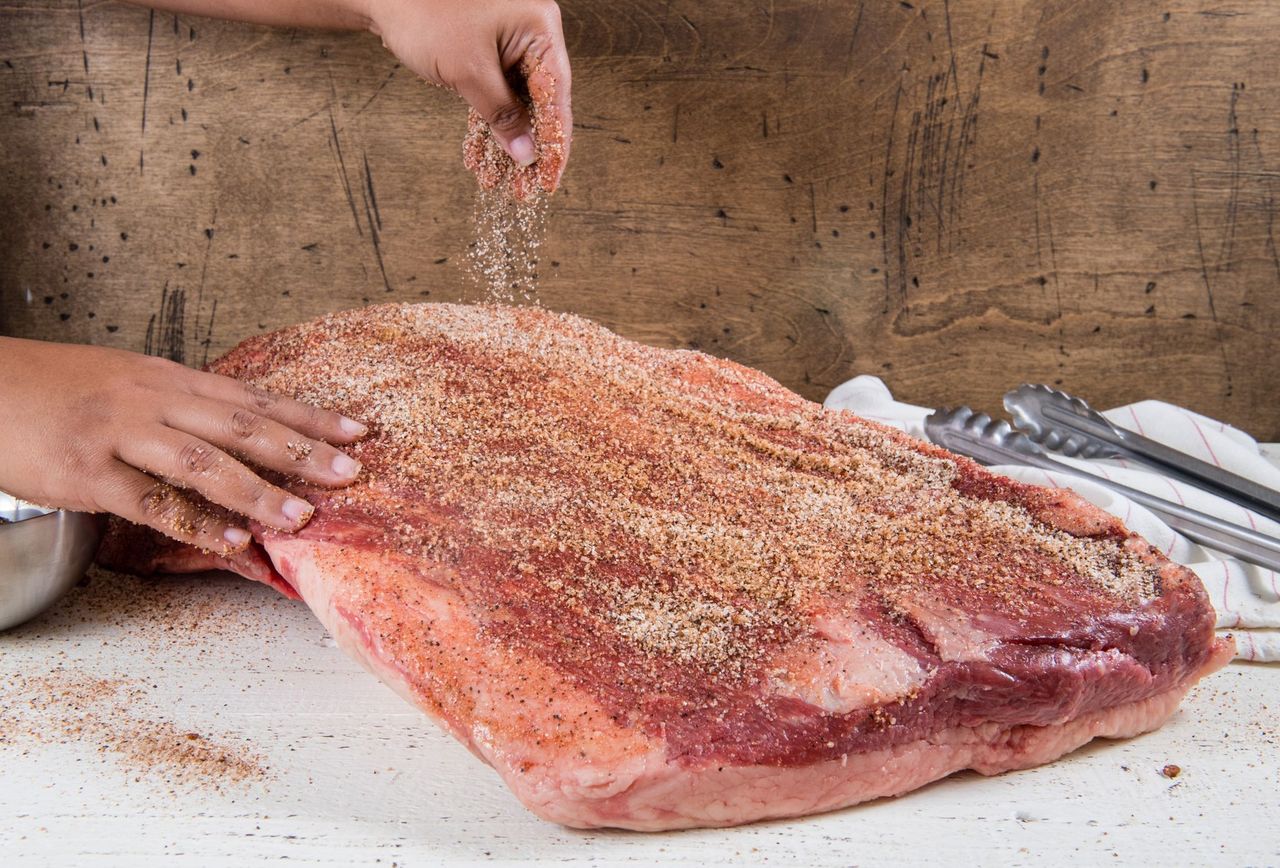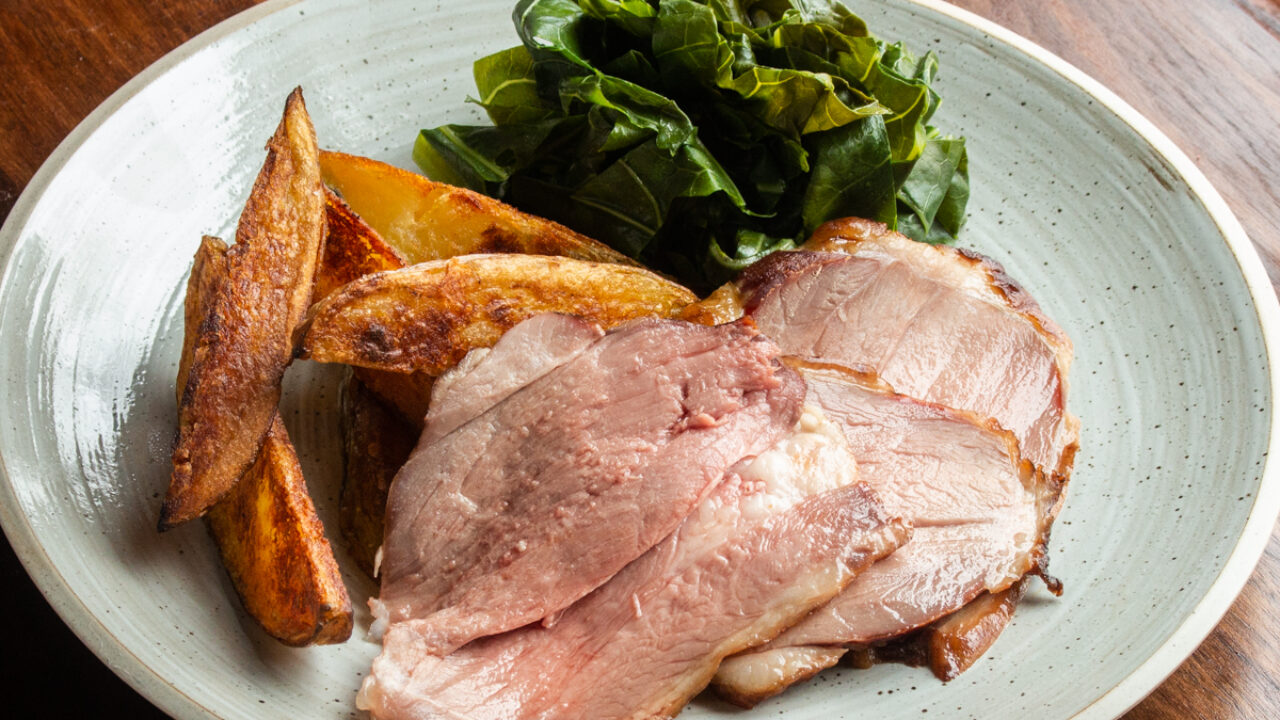Brining String Beans Before Steaming: A Delicious Twist
String beans, also known as green beans, are a versatile and nutritious vegetable that can be prepared in a variety of ways. One popular method for enhancing their flavor and texture is by brining them before steaming. Brining string beans not only infuses them with savory flavors but also helps to maintain their vibrant green color and crisp texture. In this article, we will explore the process of brining string beans before steaming and the benefits it offers for creating a delicious and wholesome dish.
Why Brine String Beans?
Brining is a process of soaking food in a saltwater solution, which helps to enhance its flavor and texture. When it comes to string beans, brining can elevate their taste by adding a subtle salty and savory note to the beans. Additionally, brining helps to tenderize the beans, making them more enjoyable to eat.
The Brining Process
Brining string beans is a simple yet effective process that requires just a few basic ingredients and minimal effort. Here’s a step-by-step guide to brining string beans before steaming:
- Start by rinsing the string beans under cold water to remove any dirt or debris.
- In a large bowl, prepare a brine solution by mixing water and salt. The general ratio for a brine solution is 1 tablespoon of salt per 1 cup of water.
- Submerge the string beans in the brine solution, ensuring that they are fully covered. You can add flavorings such as garlic, herbs, or spices to the brine for an extra layer of taste.
- Allow the string beans to brine for at least 30 minutes, or up to 24 hours for a more pronounced flavor. The longer the brining time, the more flavorful the beans will become.
- After brining, remove the string beans from the brine solution and rinse them thoroughly under cold water to remove excess salt.
Steaming Brined String Beans
Once the string beans have been brined, they are ready to be steamed to perfection. Steaming is a gentle cooking method that helps to retain the beans’ vibrant color and crunch while preserving their nutritional value. Here’s how to steam brined string beans:
- Fill a pot with a few inches of water and bring it to a gentle boil.
- Place a steamer basket or colander over the boiling water, ensuring that it doesn’t touch the water.
- Add the brined string beans to the steamer basket, cover the pot with a lid, and steam for 3-5 minutes or until the beans are tender-crisp.
- Once steamed, remove the string beans from the heat and season them with a drizzle of olive oil, a sprinkle of black pepper, or a squeeze of lemon juice for a burst of freshness.
The Benefits of Brining String Beans
Brining string beans before steaming offers several benefits that contribute to a more enjoyable dining experience:
- Enhanced Flavor: Brining infuses the string beans with a subtle salty and savory taste, elevating their overall flavor profile.
- Tender Texture: The brining process helps to tenderize the string beans, making them easier to chew and enjoy.
- Vibrant Color: By brining the string beans before steaming, you can preserve their bright green color, adding visual appeal to your dish.
- Nutritional Retention: Steaming the brined string beans helps to retain their nutrients, making them a healthy addition to any meal.
Brined String Beans: A Flavorful Side Dish
Whether you’re serving them alongside a main course or incorporating them into a salad or stir-fry, brined string beans add a burst of flavor and texture to any dish. The simple process of brining string beans before steaming can elevate their taste and make them a standout component of your meal. So, the next time you’re preparing string beans, consider brining them for a delightful twist that will leave your taste buds craving more.
Brining string beans before steaming is a simple yet effective way to elevate their flavor and texture. By following the brining process and then steaming the beans, you can create a delicious and wholesome dish that is sure to impress. Try brining string beans for your next culinary adventure and savor the delightful results!
Was this page helpful?
Read Next: How To Brine Onions











